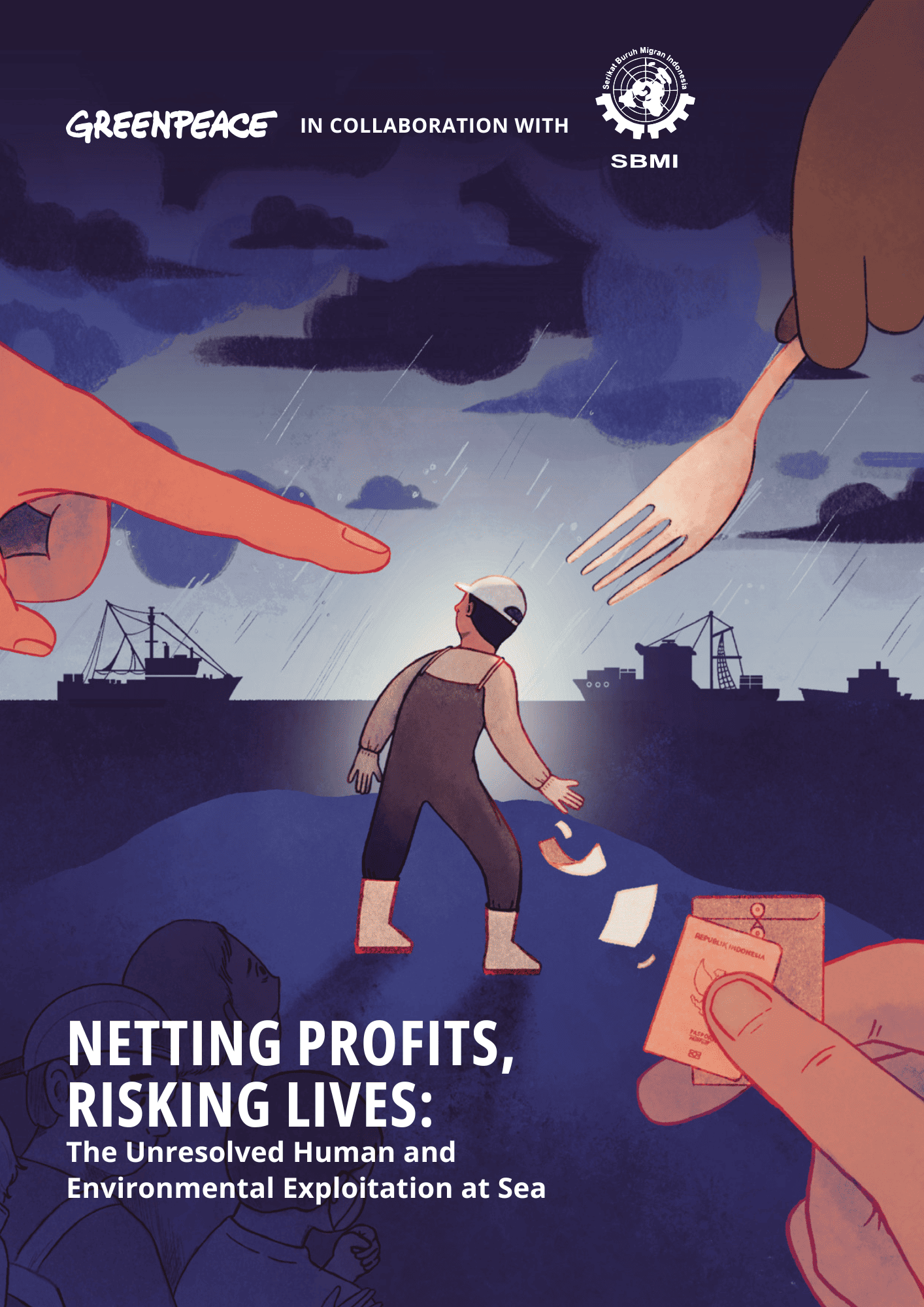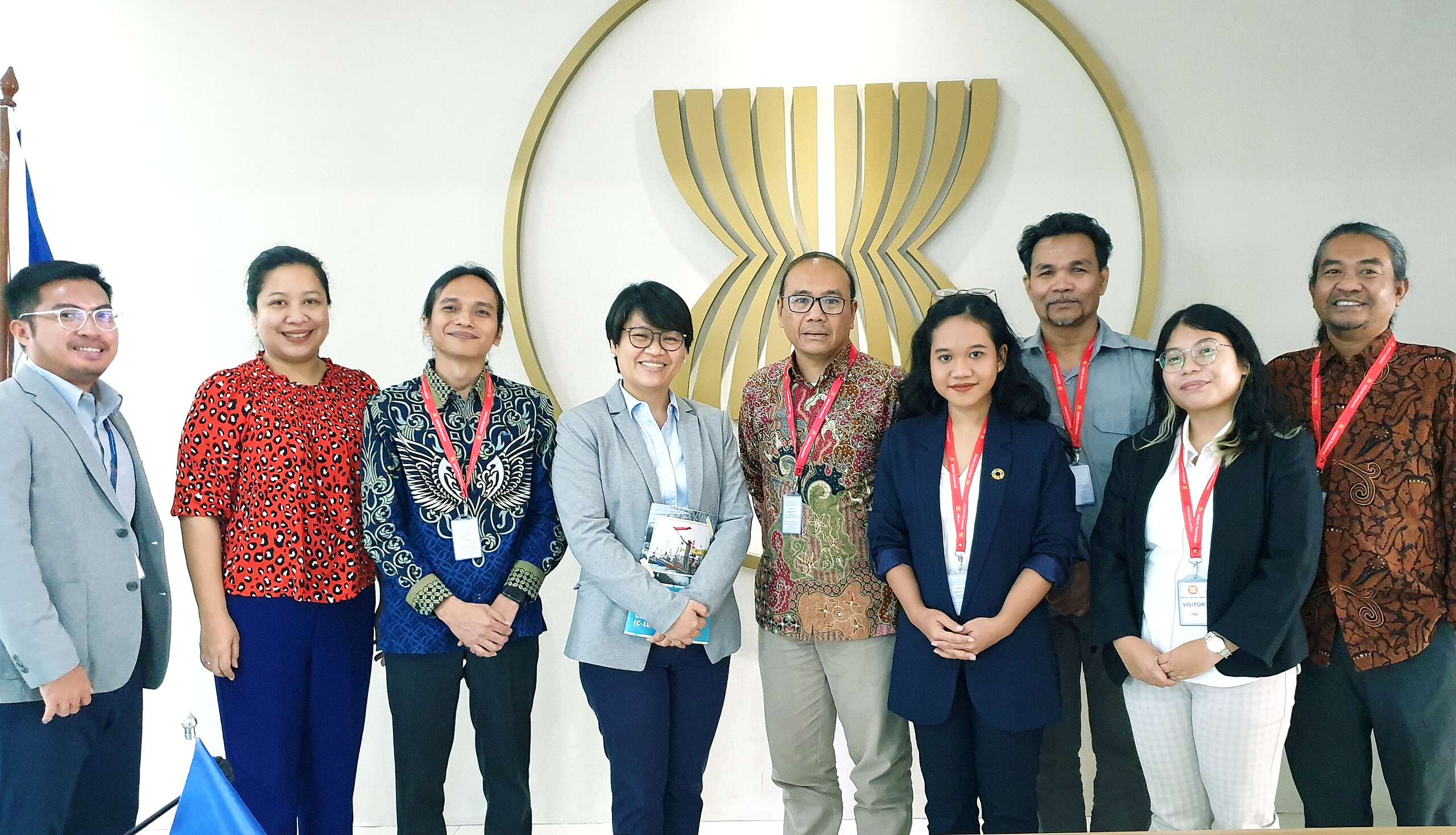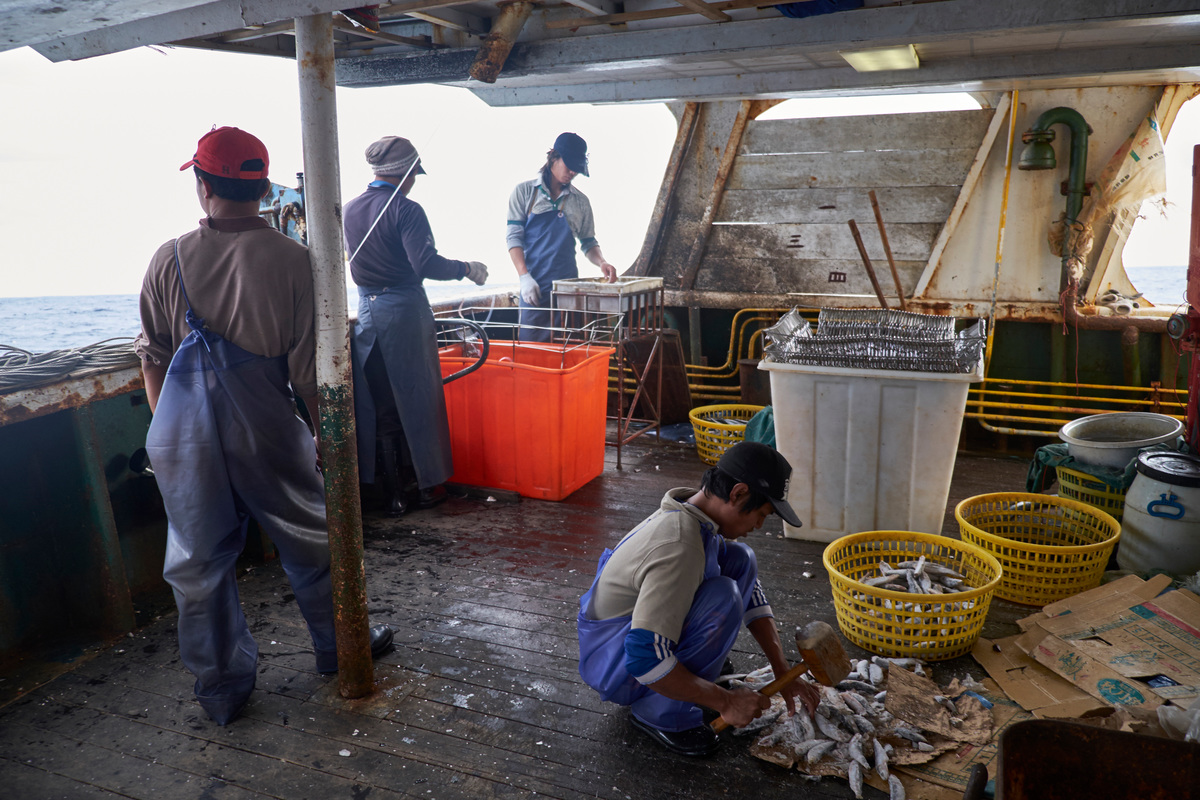There is rapidly growing concern over acts of forced labour and human trafficking in the fishing industry on a global scale.
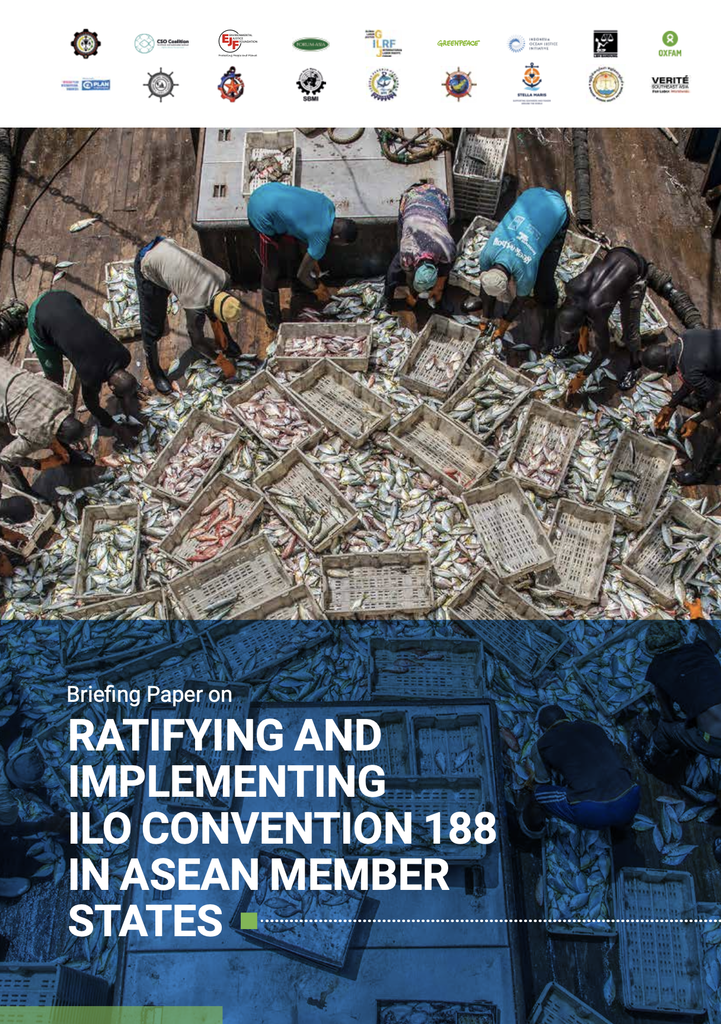
In Southeast Asia, this can be seen from the increasingly reported cases of poor working conditions, unethical recruitment schemes and tragic deaths of Southeast Asian migrant fishers on distant water fishing (DWF) vessels. As a result of this situation, companies hailing from these industries have had their products blocked and received warnings from the European Commission and the United States Custom1.
While these issues remain widespread in Southeast Asia, this briefing paper serves to incentivize the Association of Southeast Asian Nations (ASEAN) Members States (AMS) to ratify and implement ILO Work in Fishing Convention 188 (ILO C-188), which is the most comprehensive international instrument concerning the working conditions and labour rights of fishers. The gap analysis on responsible ASEAN bodies, namely the ASEAN Committee on Migrant Workers (ACMW) and the ASEAN Intergovernmental Commission on Human Rights (AICHR) along with the Senior Officials’ Meeting on Transnational Crime (SOMTC), reveals that the existing regional mechanisms lack identification of migrant fishers as migrant workers, and that these bodies have limited coordination between them in specifically targeting migrant fishers’ issues. In addition, the current ASEAN frameworks do not meet the majority of the key provisions of ILO C-188.
Given that the ordeals of migrant fishers cut across different layers of amoral issues, the recommendations provided are directed at the multiple stakeholders involved in the DWF industries. This includes AMS, social partners (bodies representing employers and workers), flag States and buyers of fish produce – all of which have migrant workers of Southeast Asian descent in their labour supply chains. The main areas of focus are identified as efforts on developing pathways for safe and ethical recruitment, and grievance mechanisms of abuses or accidents that occur onboard fishing vessels. On top of that, the push for amendments to national legislation and providing training and education will be additional duties for the respective stakeholders to take on. Overall, the need for greater cooperation between AMS and flag States as well as the obligation of businesses to implement rigorous human rights due diligence processes in collaboration with civil society and worker unions, is pertinent in changing the fates of migrant fishers at sea.
—-
1 Out of Sight: Modern Slavery in Pacific Supply Chains of Canned Tuna
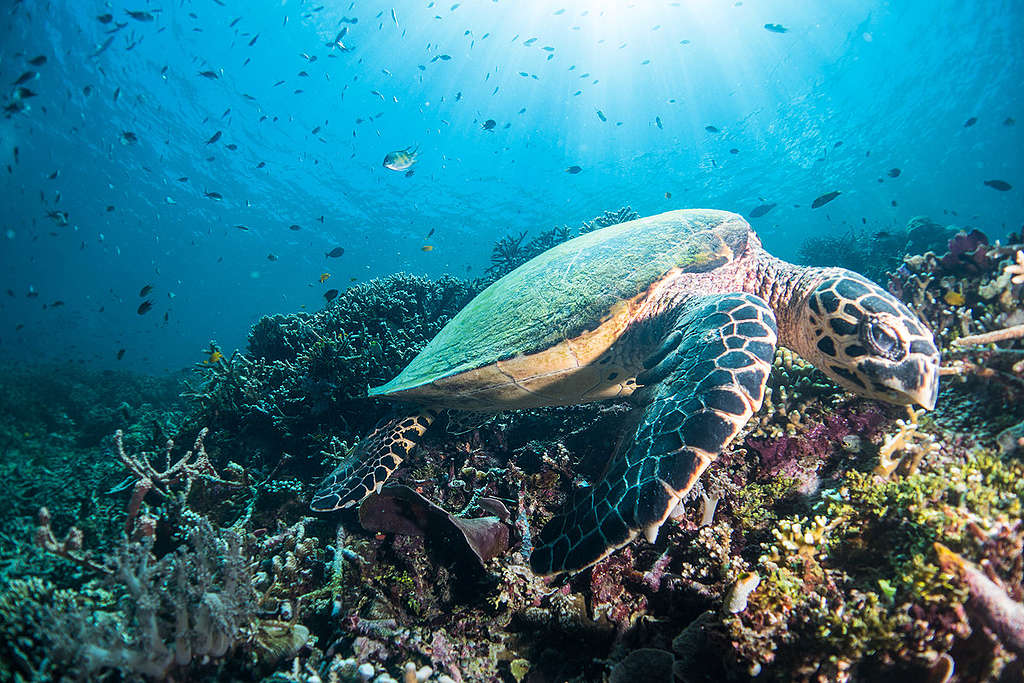
The threats facing our oceans are getting more urgent, find out how you can make a difference
Get Involved
